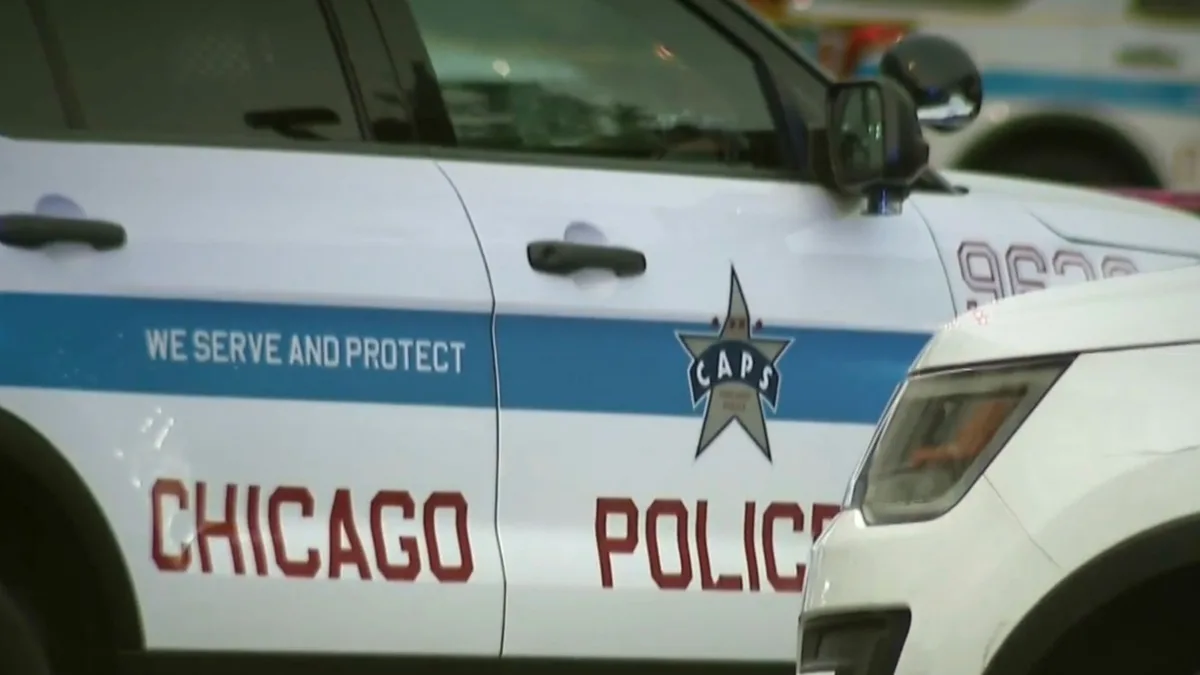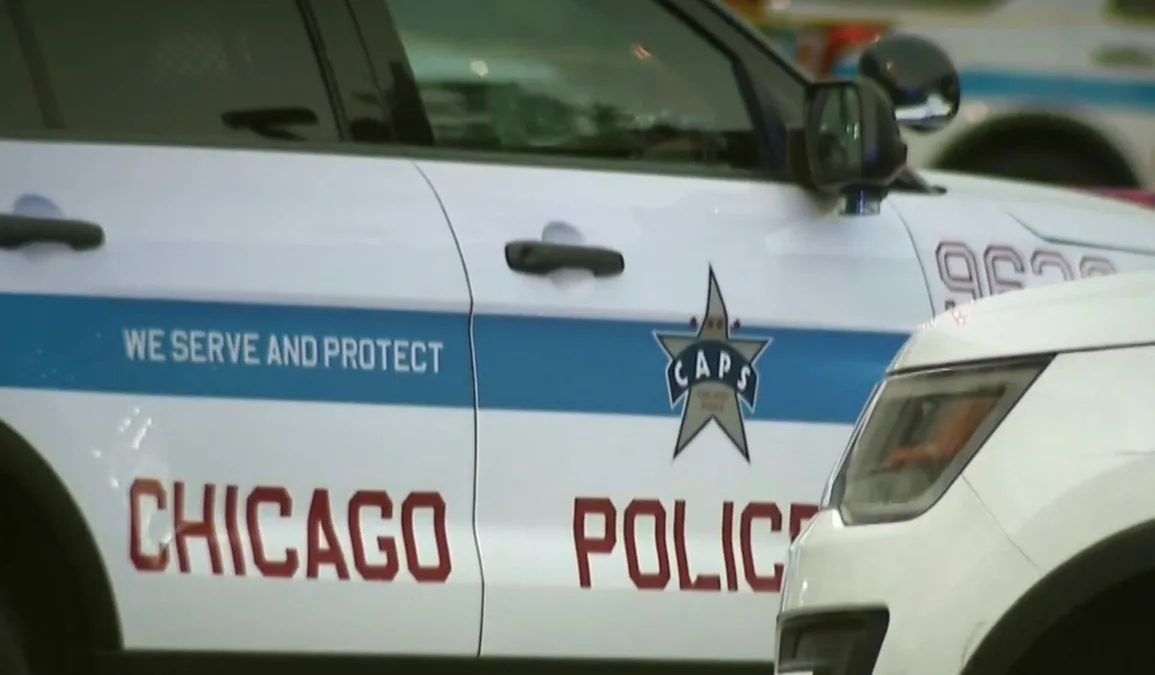Chicago Mayor Announces Budget with Reparations Funding to Combat High Crime Rates

In a bold attempt to tackle the soaring crime rate in Chicago, Mayor Brandon Johnson has unveiled a new budget of $16.77 billion that includes funding for reparations. Johnson believes this step will address the root causes of the city’s violent crime epidemic. In an interview with CNN’s Poppy Harlow, the Mayor acknowledged the city’s high crime rates but asserted the need for a comprehensive government response to assure a safer environment for its citizens. The unique aspect of this budget is that it accomplishes these goals without raising property taxes.
Major Investments in Community Safety
Among the many initiatives outlined in the budget, a significant $500,000 is allocated for reparations programs. In addition, the budget earmarks a substantial $250 million to tackle homelessness, $100 million for violence prevention, and an additional $80 million to broaden youth employment programs. Johnson highlighted the plans to hire 4,000 more young individuals in the following summer, in addition to the 25,000 that were employed over the last summer — a solid 20% increase from the previous year. This step is seen as a strategic move to keep the city’s youth engaged and away from crime.
Reparations: A Step Towards Healing
The Mayor’s budget also advocates for a dedicated office space to support the re-entry of formerly incarcerated individuals, a move aimed at reducing recidivism. In a significant move towards improving community safety, two mental health clinics that were previously closed will be reopened. The reparations initiative put forth by Mayor Johnson, a resident of the West Side where he is raising his family, emphasizes the necessity of investment to overcome the long-standing disinvestment that the area has faced.
A Wider Trend Among Democrats
The reparations initiative in Chicago is reflective of a wider trend among Democratic leaders. Recently, New York Governor Kathy Hochul signed a bill to study the history of slavery in the state, and California’s Reparations Task Force has proposed substantial reparations for Black Californians. These moves signal a shift in the approach to addressing systemic racial issues, focusing on reparations as a form of redress and healing.


